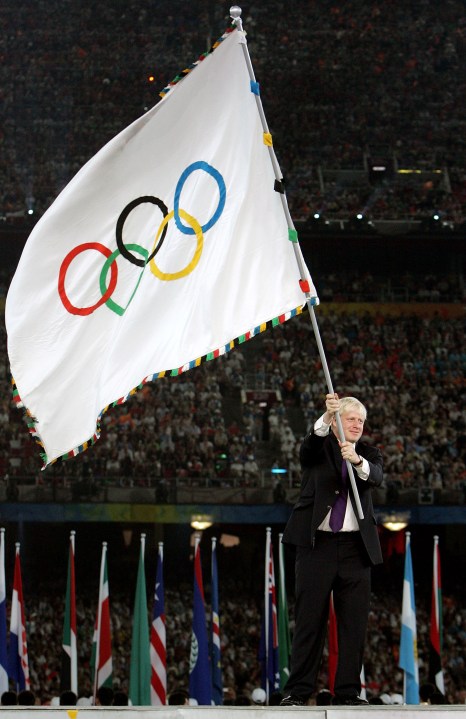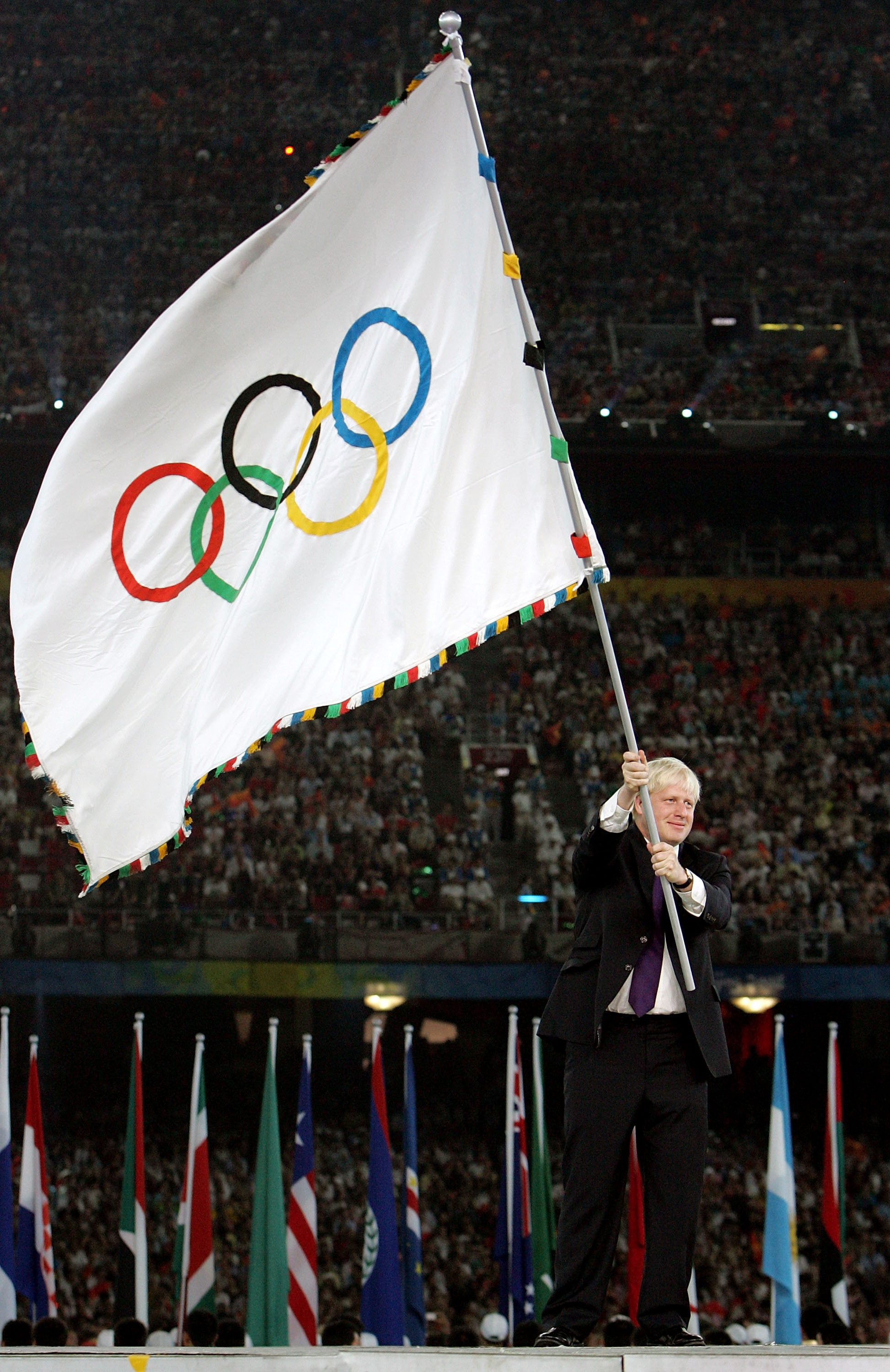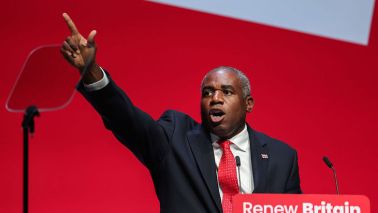 60 years ago, in the economically-depressed aftermath of WW2, Britain successfuly staged an “austerity Olympics” – pared-down, efficient, organised and even profitable, it was widely considered a momentous success. In today’s Guardian, Simon Jenkins persuasively argues for another austerity Olympics in 2012 – the times call for it, he says. And it’s hard to disagree.
60 years ago, in the economically-depressed aftermath of WW2, Britain successfuly staged an “austerity Olympics” – pared-down, efficient, organised and even profitable, it was widely considered a momentous success. In today’s Guardian, Simon Jenkins persuasively argues for another austerity Olympics in 2012 – the times call for it, he says. And it’s hard to disagree.
Even if you think Darling’s spend-our-way-out-of-trouble approach is the right way forward, there remains the question of what all that public cash should be spent on. There’s something deeply irresponsible about “pour[ing] crazy sums of money – £9.3bn – into two weeks of sport”. Particularly when that £9.3 billion budget is particularly – and unnecessarily – swollen anyway. There’s plenty of room for cost-cutting, as Jenkins argues:
“The world’s greatest white elephant, the “sustainable” £500m athletics stadium, should be stopped now. It will stand empty after the games since nobody wants it. As Building Design magazine said a year ago, “There is nothing sustainable about building an 80,000-seat stadium for less than two months’ use” at the highest cost per seat in the world.
Athletics should go to the (itself vastly expensive) new Wembley stadium, designed by Foster and Partners to be adapted to the Olympics in an emergency at a cost of roughly £100m. There is now such an emergency. The resulting loss of lower-tier seats would hardly be the end of the world. The stadium is barely full except for opening and closing ceremonies.”This is not to ignore the economic and regenerative benefits that staging the Olympics can deliver. But it is to recognise that industrial-scale waste just can’t continue in the present climate. And I doubt that would be an unpopular message with either the British population or the global community. Expect it to gain some political traction.
P.S. Janie Hampton’s book on the 1948 Olympics is an enjoyable and informative read.







Comments